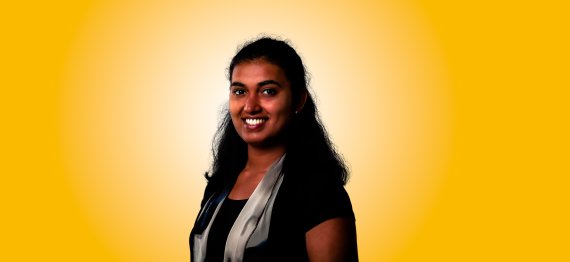She noticed how sensory testing doesn’t only provide valuable customer insights, but also a lot of plastic waste.
Ever since I have been in Wageningen, my focus has been on two things: Sensory Science (because that’s what I study) and, of course, sustainability (because almost everything here revolves around this hot topic). Before I make the connection, let me tell you about how sensory science is dealt with. Sensory science is a fascinating field, vital to research. It is the bridge that connects the R&D advancements with the consumer demands. In short, it plays a crucial role and drives product development in a consumer-friendly direction.
Since I am now doing my thesis, I naturally also collect data through sensory testing. With participants coming and going throughout the entire day, I have been stationed in consumer research rooms for the past four weeks. Two main abilities are required to do this. First, patience, lots and lots of it. Everyone already knows it’s not easy to get participants. But don’t lose your cool; striving and spamming every day does the job!
Second, and even more important, is being able to set aside your personal sustainability goals. Last month was a plastic month for me. Doing prolonged sensory testing also means generating a humongous amount of plastic waste on a daily basis. I admit, it did hurt every day when I went out to dump the waste. There are so many things to be taken care of when it comes to testing, from disposable materials to the product itself. The sad part is that the plastic and food waste generated is almost unavoidable.
Sustainable replacement is the new upcoming solution to pressing issues. But all the ideas are focused on areas with a bigger impact, which is nothing but fair. Fields that are more niche are only noticed by people involved. “My plastic month” made me wonder. Think about all the research happening around the world, with so many companies and institutes doing sensory testing every day with so many participants. Is this field really niche? Is the impact really not big enough? I think it’s time for sustainable sensory, where science does not just focus on the human senses but also on the human conscience for sustainable research.

 Photo: Sven Menschel
Photo: Sven Menschel